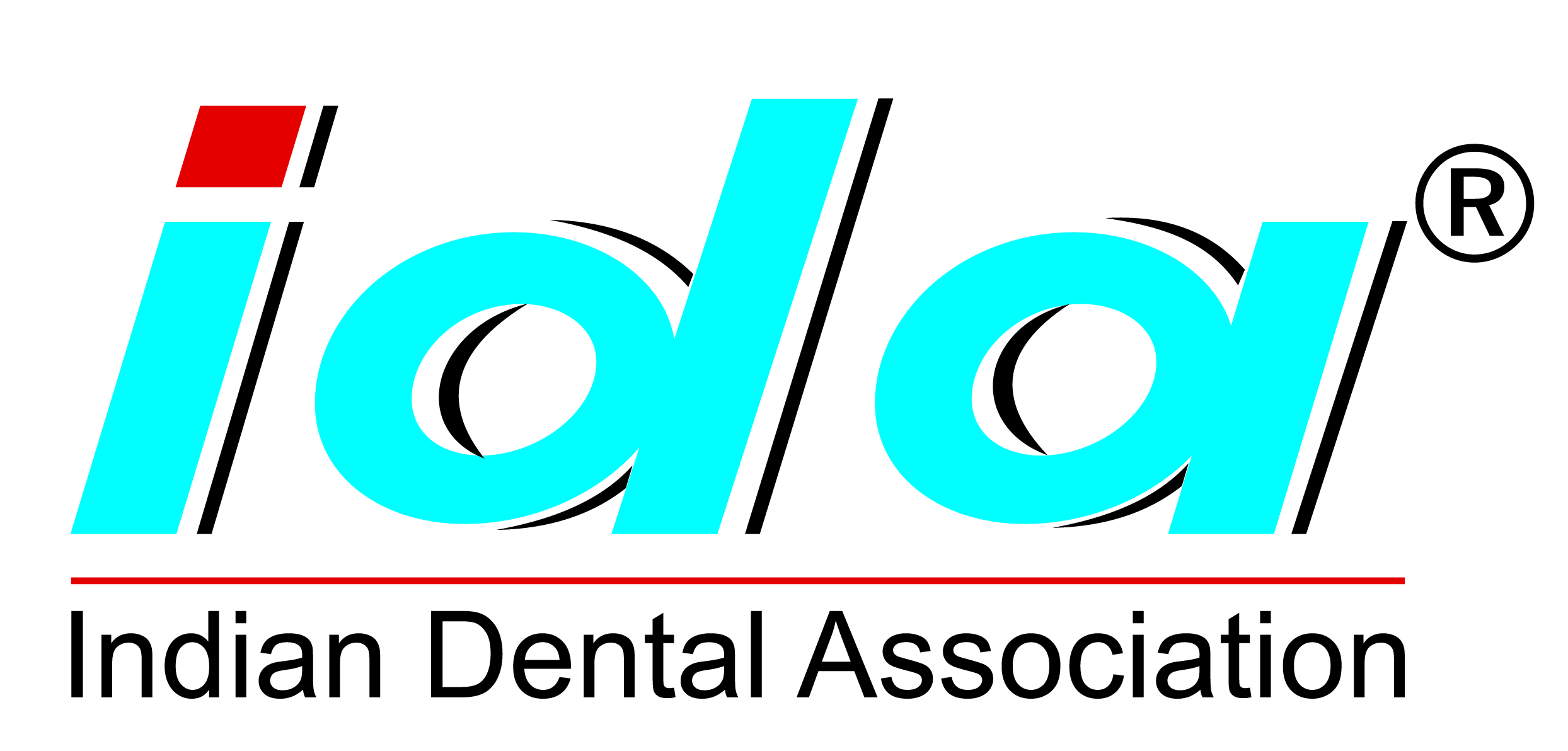Oral health is integral to general health. Good oral health care is especially important
for people living with HIV/AIDS for the following reasons:
- Oral manifestations are common in people with HIV infection. By some estimates,
more than ninety percent of HIV- infected patients will have at least one HIV-related
oral manifestation in the course of their disease.
- Oral lesions may herald decline in immune function. For example, untreated HIV-infected
patients with oral candidiasis have been shown to progress to an AIDS diagnosis
within a two-year period.
- Controlling a focal infection within the oral cavity may eliminate adverse consequences
such as systemic infections.
- Poorly functioning dentition can adversely affect quality of life. For example,
oral pain or discomfort may cause patients to avoid eating resulting in weight loss,
which may be especially distressing for HIV-infected patients concerned about wasting.
- Oral pain and difficulty in swallowing (dysphagia) can be unrecognized barriers
to successful treatment adherence, illustrating the importance of close coordination
between the oral health and medical teams.
The expanding role of the dentist in the acquired immunodeficiency syndrome era
can be classified into six issues:
- Provision of routine dental care .
- Oral lesions- screening, diagnosis, treatment and recognition of their significance.
- Collaboration with other health care workers and social support systems.
- Education of other health care workers.
- Education in the community.





